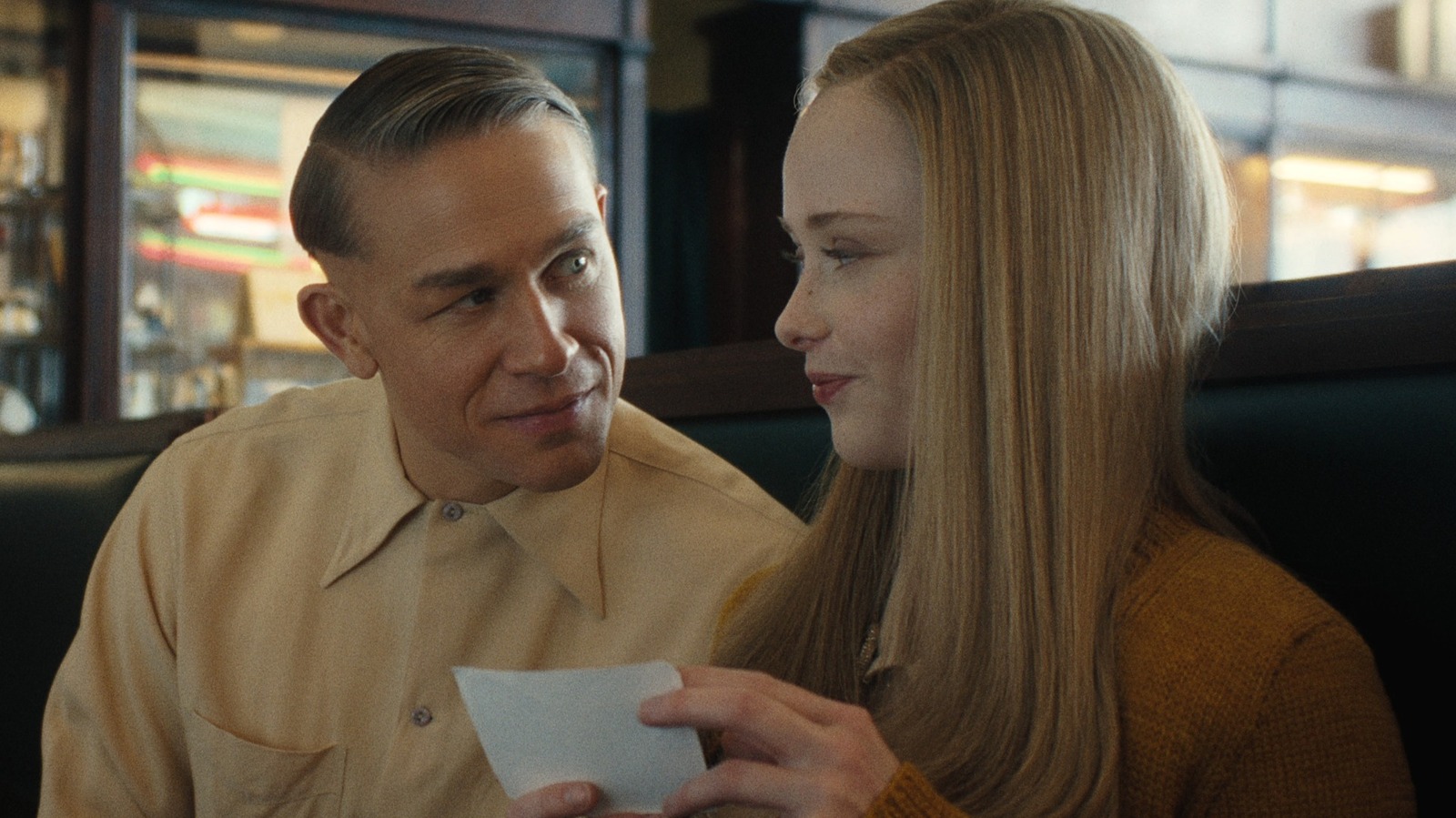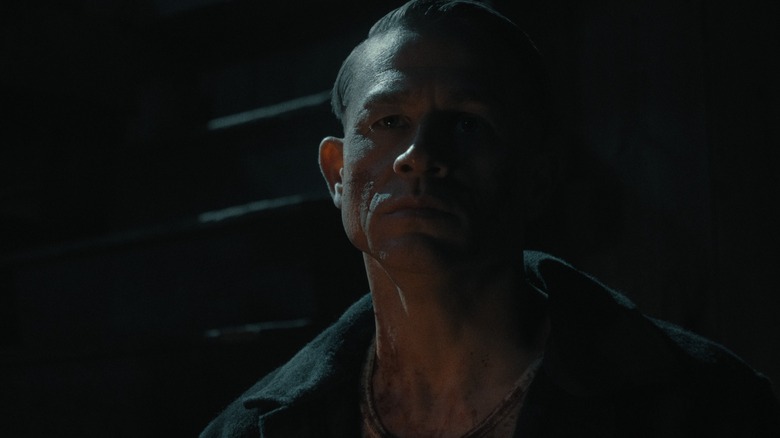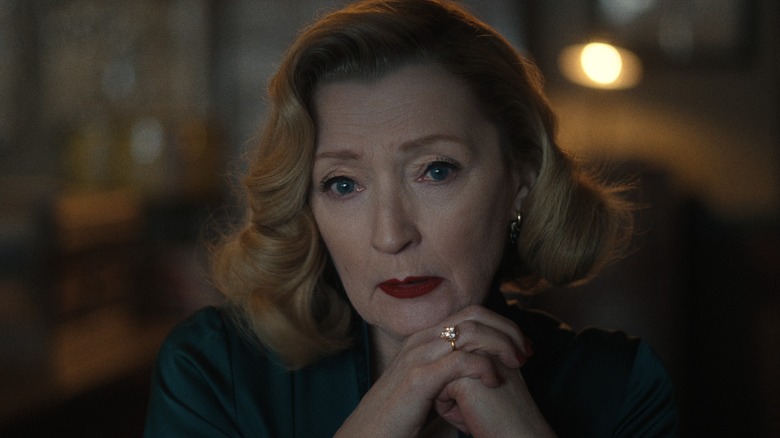Ryan Murphy has added fuel to the fire of our collective obsession with true crime drama. Both his “Dahmer – Monster: The Jeffrey Dahmer Story” and “Monsters: The Lyle and Erik Menendez Story” were smash hits on Netflix for some reason, having concerningly blurred the line between morbid interest and lurid exploitation. The third installment in the “Monster” anthology, “Monster: The Ed Gein Story,” is not a Murphy-helmed endeavor — Ian Brennan (“Glee,” “Scream Queens”) has decided to take the meta-commentary route to explore the titular murderer/grave robber’s influence on pop culture in general. While Murphy’s limited involvement as producer might inspire high hopes for a more tactful exploration of the subject matter, “The Ed Gein Story” is perhaps the most morally dubious entry in the “Monster” trilogy.
The new series has all the hallmarks of a Murphy production, where the monster in question, Ed (Charlie Hunnam), is framed through a troubling lens. Sure, the real Gein might’ve been propelled by complex psychosexual impulses, but the series runs with the most generous assessment of the notorious serial killer by the time the credits roll. Any nuance lurking beneath the surface is wholly lost, as Gein’s twisted obsession with female flesh is dangerously conflated with queer identity and expression. This repeated recklessness obscures even the most basic facts, such as the noxious influence Ed’s mother (Laurie Metcalf) had on his warped psychosexuality or the ugliness of his general circumstances.
As “Monster: The Ed Gein Story” embellishes a lot for the sake of dramatic stakes, which parts of the story are purely fictional? Let’s take a closer look.




